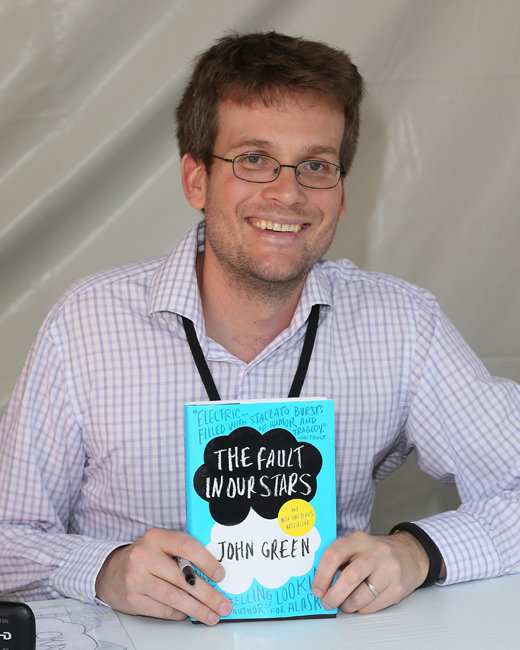 David Livingston/Getty Images
David Livingston/Getty Images
There is a misconception about young adult books that says they can only appeal to “young adults” — that is, teenagers. However, a recent article in Cosmopolitan from YA author, John Green (the man behind The Fault in Our Stars) argues that it’s impossible to grow too old for novels that fall into the young adult categorization.
Green contends that the themes of these YA books — love, loss, life, identity, coming to grips with adulthood — can be relatable to everyone, no matter what age, who have had similar experiences. While that is all very true, it also extends to any other type of media targeted toward teens, including television and movies.
For those of us that read young adult novels, watch much (or all) of The CW’s programming, as well as go to the midnight premiere showings of The Hunger Games and Divergent films, know that there is something about all of these stories with which we can identify. It’s because, no matter how old we get, we still remember our first love, our first heartbreak, and our first glimpse of death and the mortality of those around us.
Sure, we’ll grant you that TV shows and movies directed at teens are more likely to fall prey to clichés and stereotypes or jump on the supernatural bandwagon (though all of those things can be found within young adult literature as well) due to a lack of depth or development. But television shows like Reign, The 100, and Teen Wolf as well as movies like The Hunger Games: Catching Fire and The Fault in our Stars are raising the bar for all other teen series and films.
What it comes down to with the YA/teen label is a stigma of immaturity. The misconception about those who read young adult novels and watch teen-geared TV or movies is that they’re suffering from Peter Pan syndrome and don’t want to grow up. However, those novels, TV shows, and movies often deal with more serious issues in a much more impactful way than “adult” programming.
So, we need to shirk the stigma and remember that just because something is geared toward teens, that doesn’t mean it is of a lower quality. (We’re sure Green would agree with us on this.)


